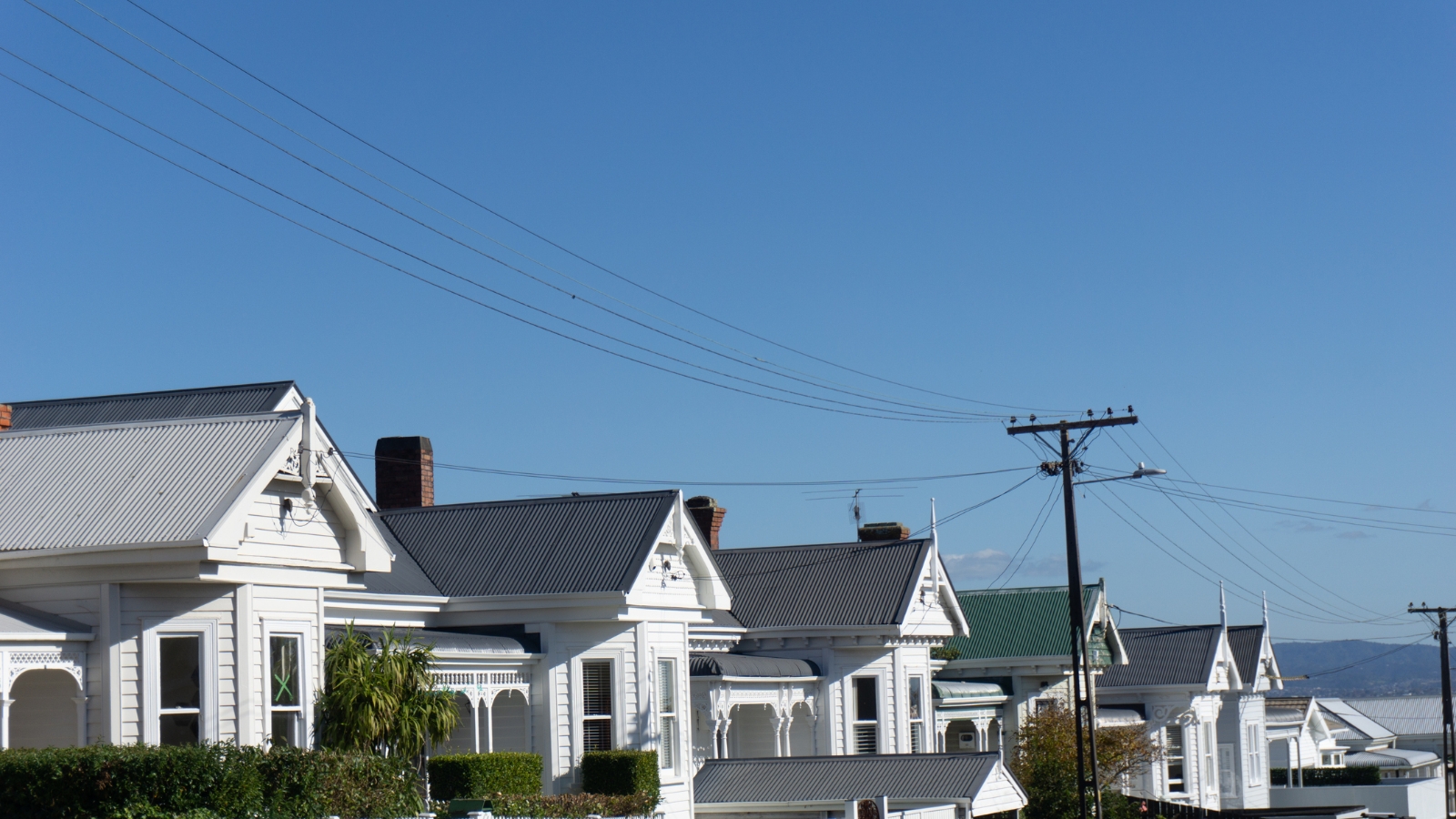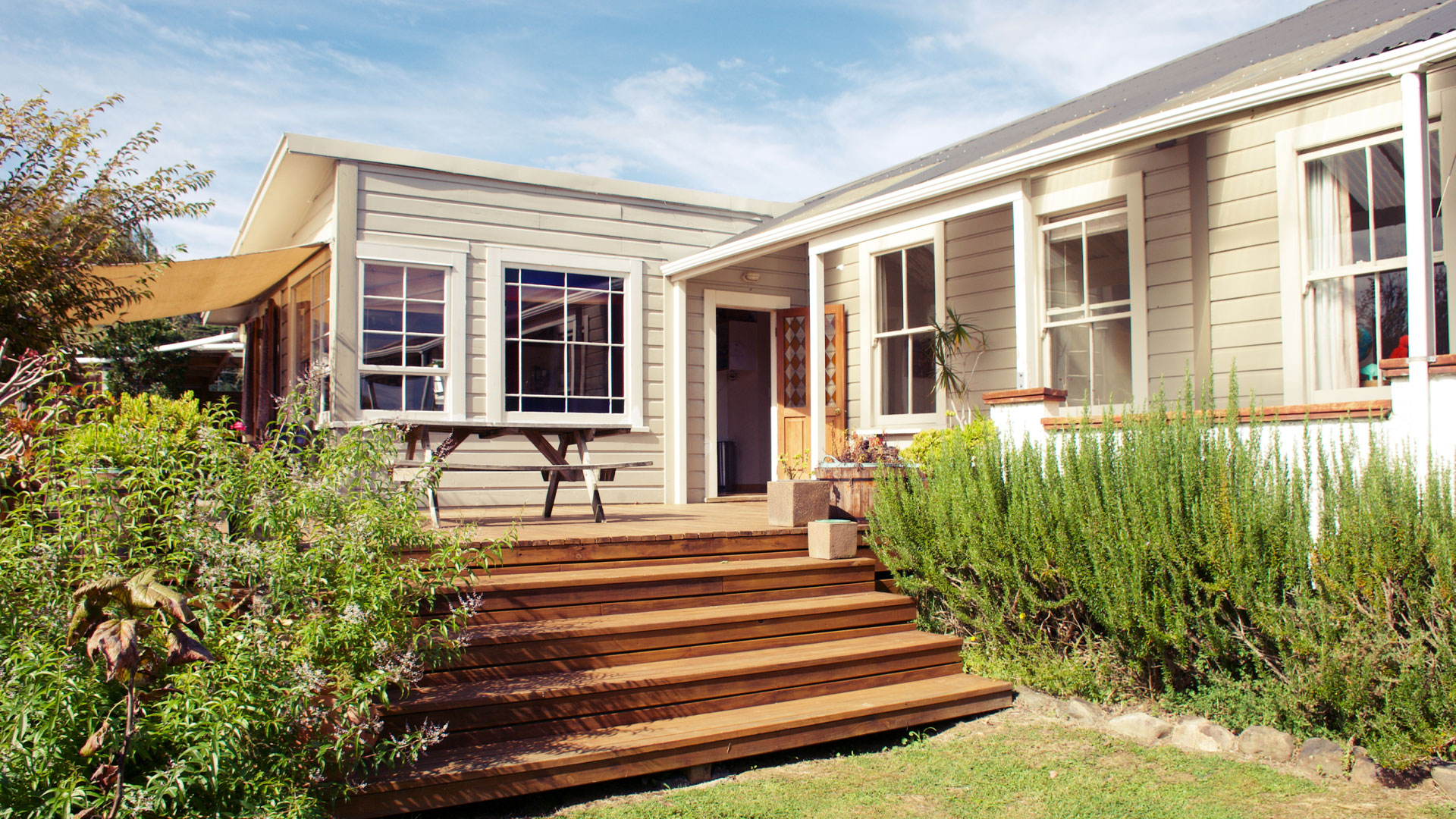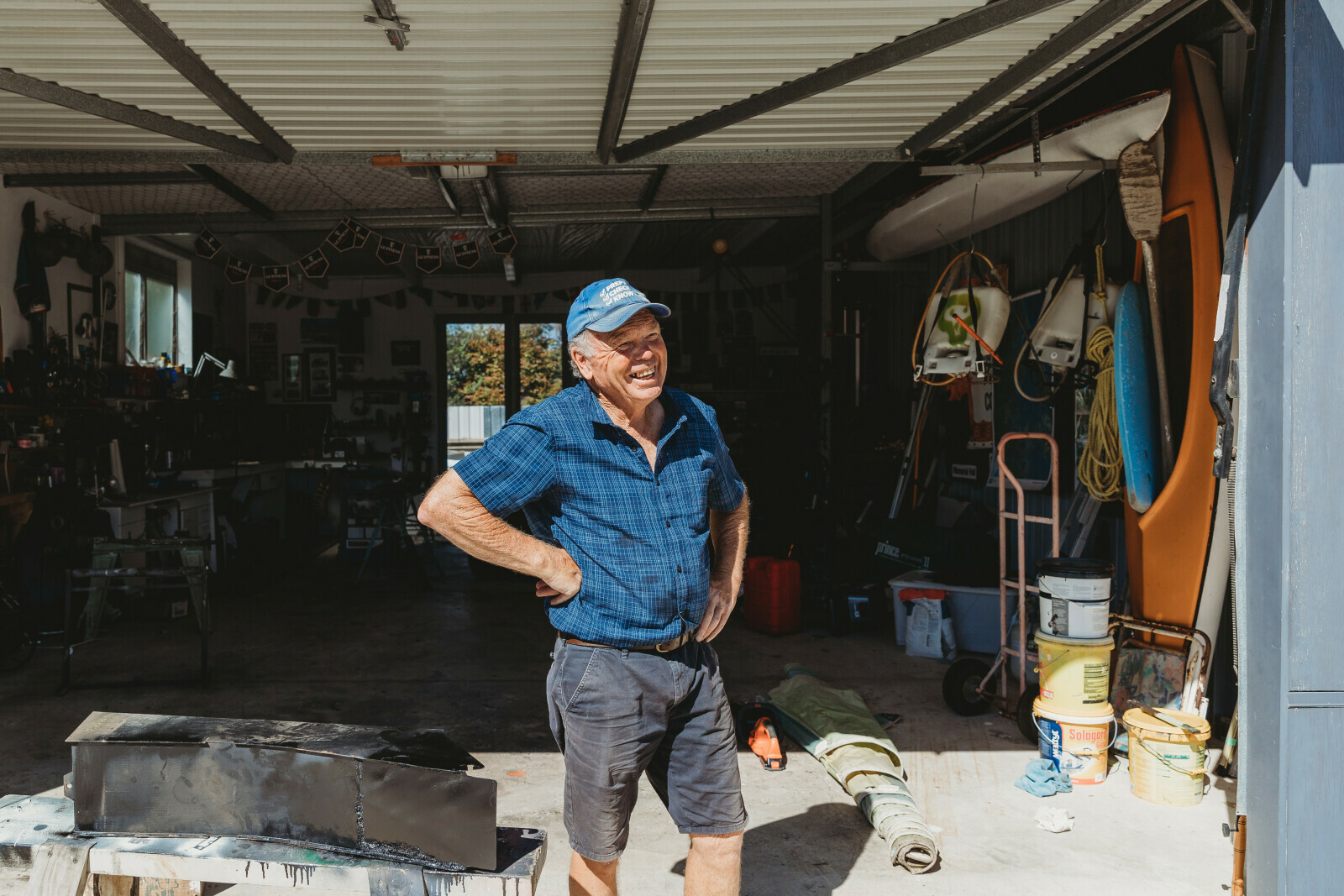Buying guide
Buying a New Zealand villa? Everything you need to know
Own a part of our country’s architectural history

What is an NZ Villa?
Bungalows VS Villas NZ
What to check when buying a villa
Villas are common in some of New Zealand's most affluent suburbs.
Should I buy a Victorian villa in NZ?
Author





